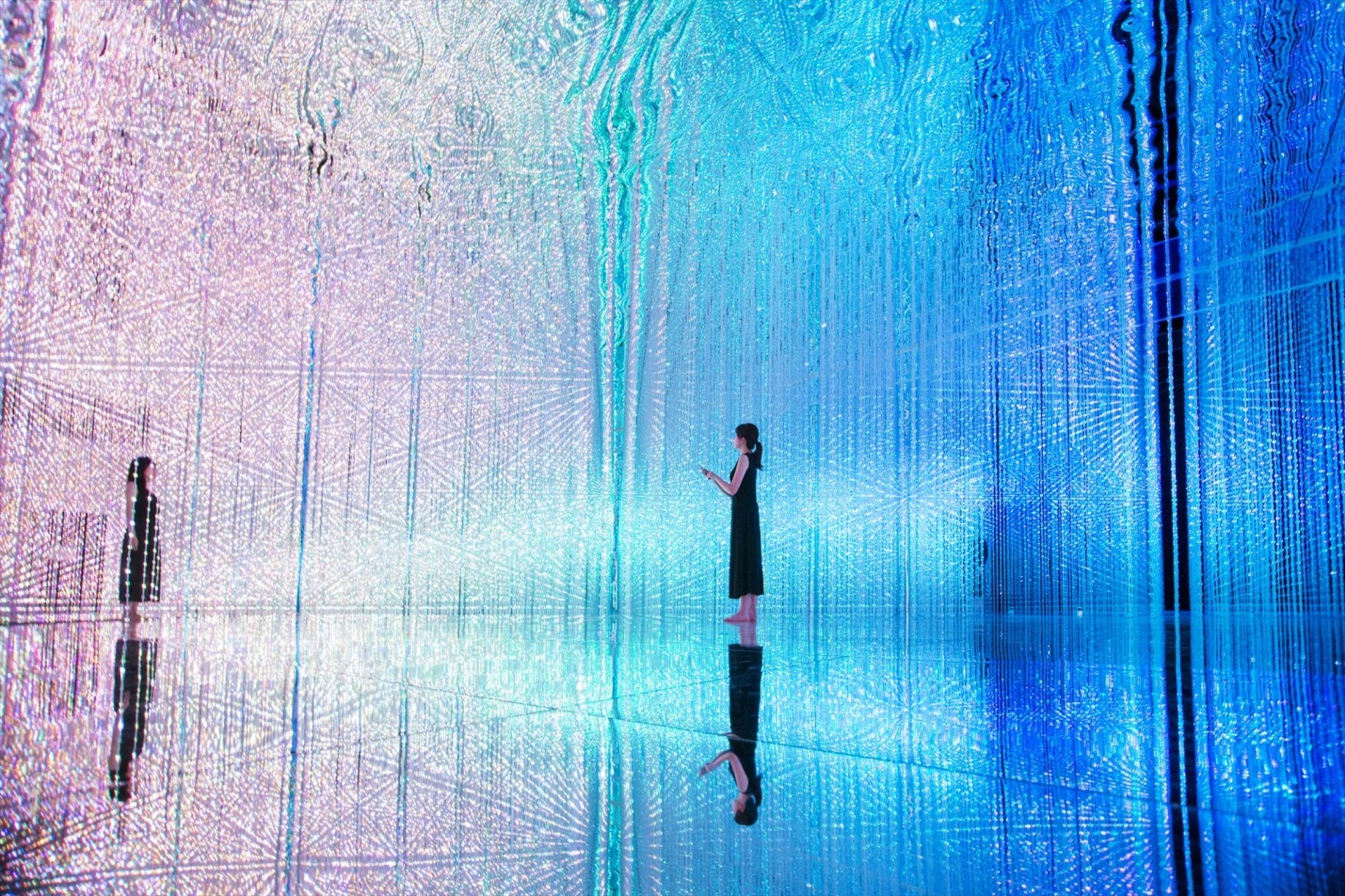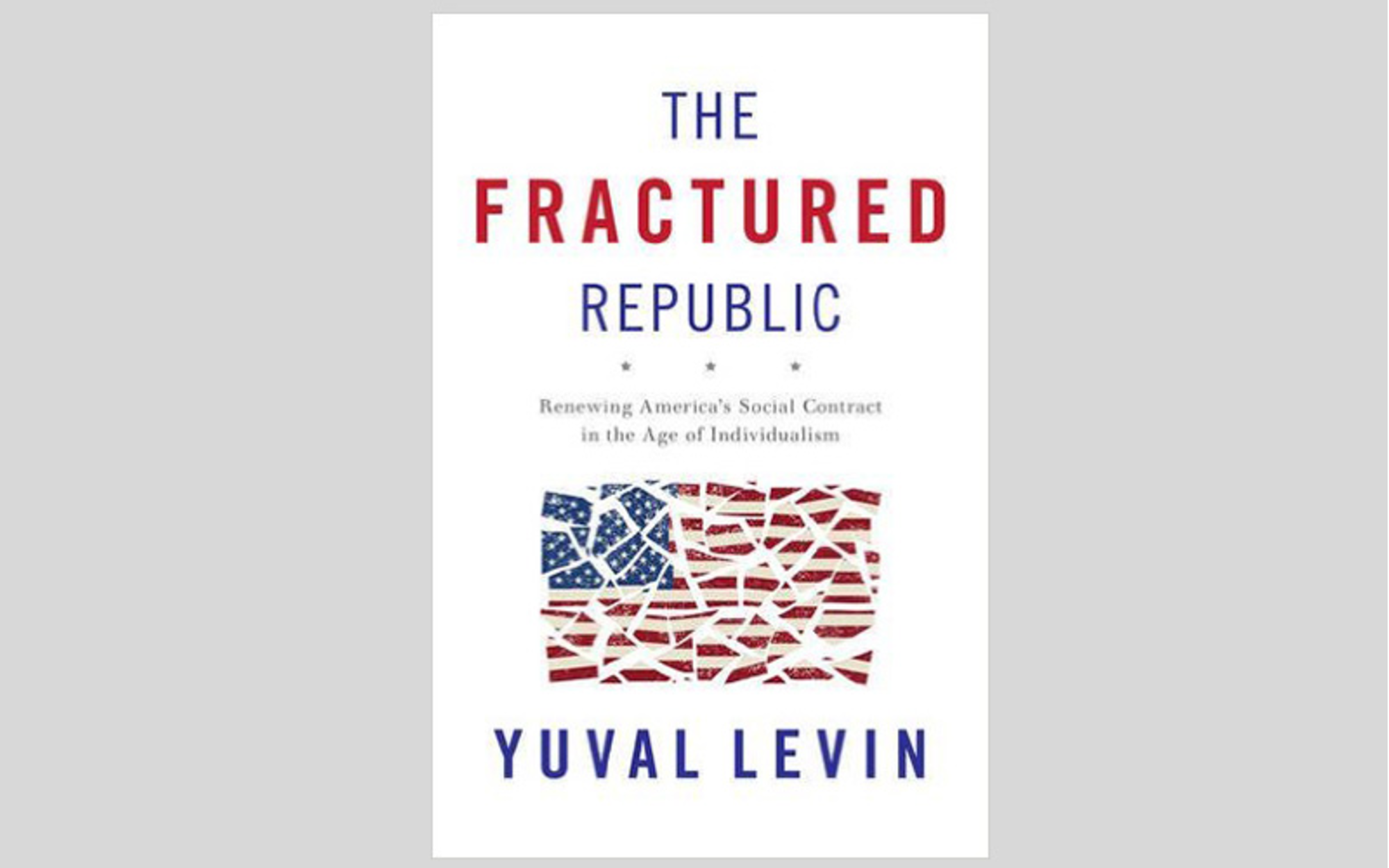In physics, spacetime is any mathematical model that combines space and time into a single interwoven continuum. As the digital domain rapidly expands the human relationship to both space and reality, not to mention dimensions of time, the idea of achieving a unified consciousness is hardly abstract. teamLab, a digital art collective based in Japan, is pioneering the intersection of space, time, reality and consciousness through immersive, interactive digital artworks.
teamLab is a collective of young Japanese creatives, drawn from fields as diverse as computer science, mathematics, graphics design, art history, and philosophy. Working collaboratively in a scruffy Tokyo office building, the vibe is of a tech start-up, with dozens of twenty some-things working at screens in cramped quarters. There are no private offices, and no indications of a hierarchy of any sort. All share equally in the profits. Large scale commercial projects for shopping malls and corporate promotions pay the rent, but clearly people are there because of their commitment to art and to the creative process. While artists have for centuries past employed armies of studio assistants, the collective, cross-disciplinary, tech-savvy approach TeamLab is pioneering might well represent the future. Founded by Toshiyuki Inoko, teamLab is breaking new ground in the art world to reveal new dimensions of art making and interactivity.
READ REMARKS....








